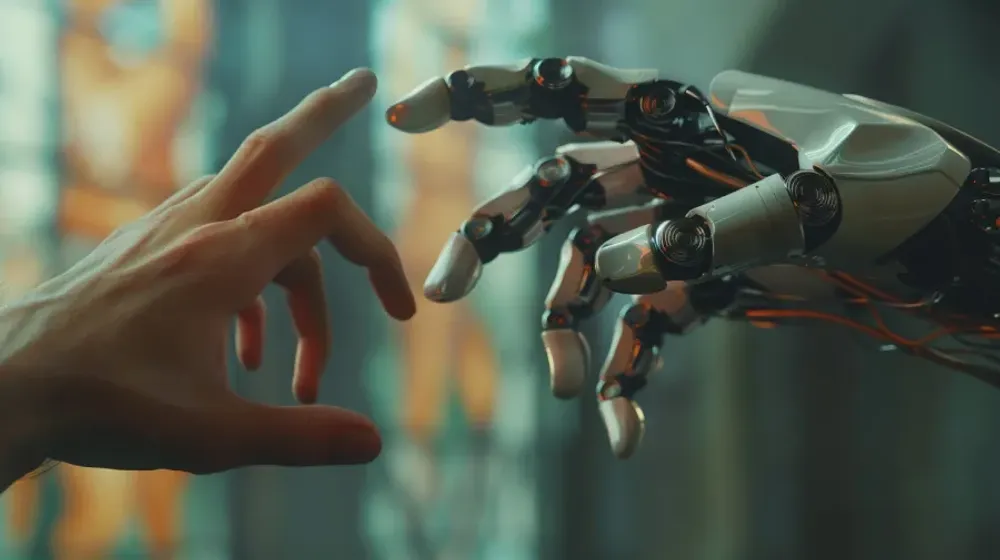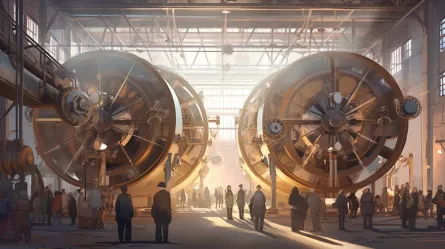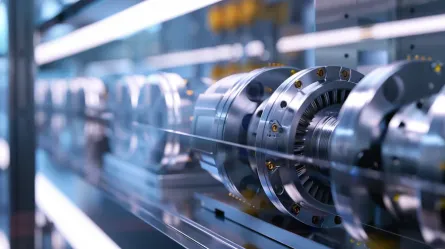The New AI Era
- 02 Dec, 2022

I’m writing this post to share my thoughts about the latest advancements from OpenAI. Specifically, I want to talk about their new flagship they’ve just released. I remember when I first got access to former OpenAI’s API. I was super excited and all…but I didn’t use it…I know, I know, it sounds ridiculous now. I had this incredible tool at my fingertips and I just let it sit there. History of my life tbh.
Fast forward to today, and OpenAI has released something truly groundbreaking: ChatGPT. This model is a game-changer. I’m still wrapping my head around the technical details, but from what I’ve read, it’s based on Transformers, just like its predecessors. The capability it has to generate text with a contextual window of tens of thousands of characters is mind-blowing.
I’m currently in Sweden and just got out of a product management meeting. It was our first official, in-person meeting since the pandemic started. It felt great to finally meet, but it’s kind of ironic to be writing about the future of AI in such a traditional setting. Now that the meeting is over and I’m officially on vacation, I’ve had some time to tinker with ChatGPT.
I can already see how transformative this technology will be. In my day-to-day work, and I’m sure this is true for many of you as well, there are countless emails and tasks that could be handled with just a bit of contextual understanding. This tool offers that and more. It’s really going to change the game for so many industries.
One of the best parts? The API is incredibly user-friendly. After finally diving into the documentation, I found it straightforward to execute. It’s just an API after all—change a few parameters and you get a completely different response. They even have a playground for testing things out. This is something we’ll look back on as a monumental shift in technology.
I truly believe we’re on the brink of a new era of artificial intelligence. The tech world is pushing boundaries, and this is just the beginning. However, it’s funny to think that while we’re making these giant leaps, people still make basic mistakes. Just today, one of our team leaders almost messed up a project because he didn’t read the brief properly. It’s a reminder that human error is still very much a thing.
This technology is going to revolutionize the world. I’m sure of it. We’ll see a surge of startups leveraging this API, and I hope that those close to me, and those of you who have been following my work, will find something valuable in it too. Implementing this in factories, for instance, will be huge.
I first got into AI back in 2017. I’ve always loved programming and optimization, but it wasn’t until I took a Udacity course that I really dove into AI. It was an amazing course, covering everything from image recognition to generative adversarial networks (GANs). We even built neural networks from scratch using NumPy. It’s incredible to see how far we’ve come in just five years. I can’t even imagine where we’ll be in a decade.
The world is going to change in ways we can’t yet fully grasp. People might not see it immediately; they’ll stay comfortable in their routines. But there are those of us who will be building the future. I hope to be one of them, and I hope you will be too. As machines take over basic tasks, the value of human creativity and ingenuity will skyrocket. The ability to reason, to think creatively, and to innovate will be more critical than ever. Machines will handle the grunt work, but it’s up to us to push the boundaries of what’s possible.
Of course, with great power comes great responsibility. I foresee a wave of regulations, especially in Europe, while the US might take a more business-friendly approach. And then there’s China, always a wildcard. It’s going to be an interesting ride, but all we can do is keep building. Attention is all we need.


